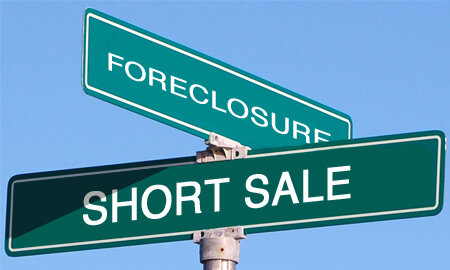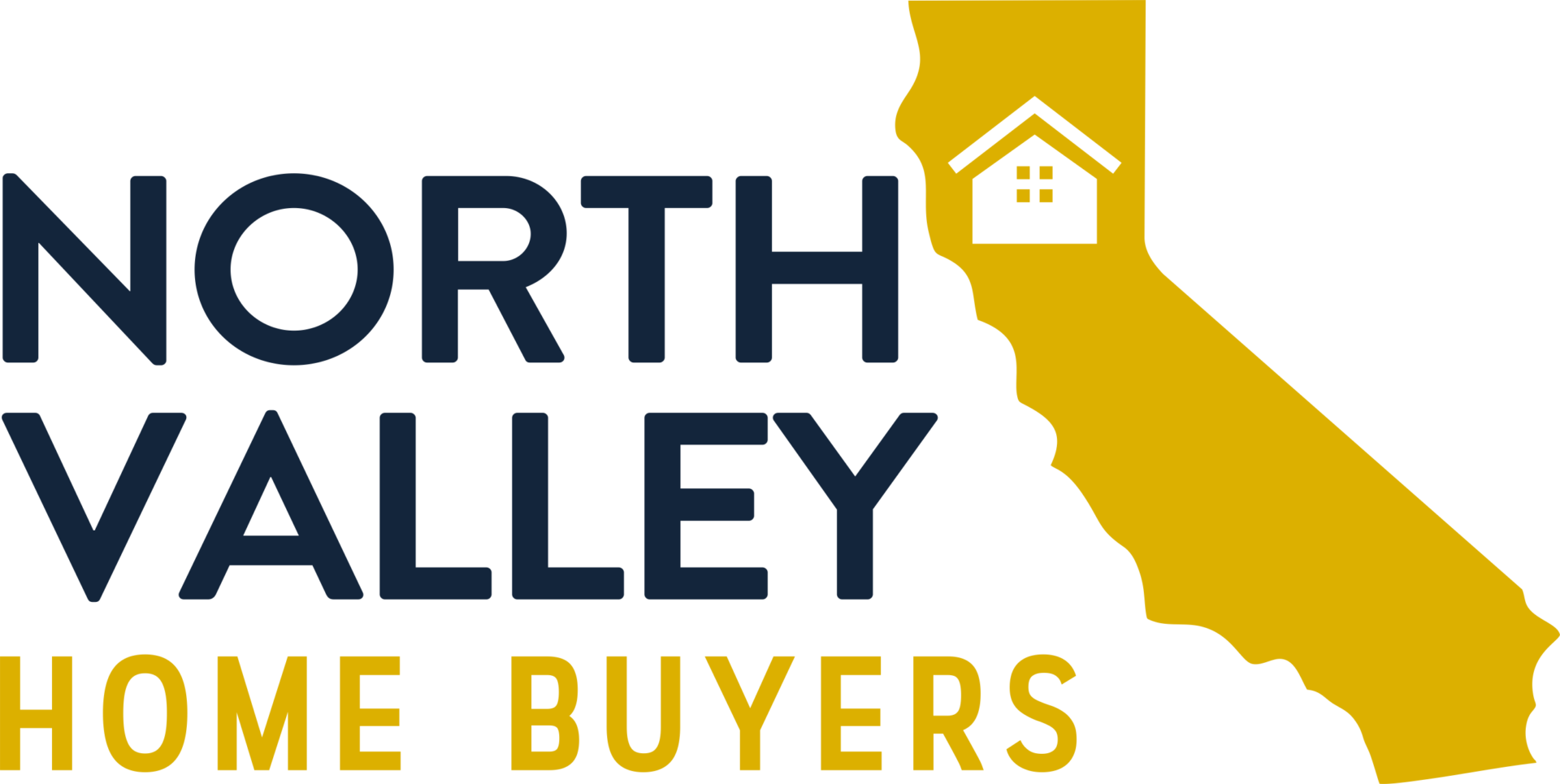
Foreclosure is a legal process that allows a lender to repossess a property from a borrower who has defaulted on their mortgage payments. If you’re a homeowner in Sacramento who is behind on your mortgage payments, understanding the foreclosure process is essential to protecting your rights and avoiding losing your home.
Before we dive in…
Understanding the Foreclosure Process in Sacramento
What is foreclosure anyway?
Foreclosure is a legal procedure employed by lenders to seize a property that was used as collateral for a loan, typically when the borrower fails to make timely mortgage payments. While foreclosure can be a distressing experience, it’s important to remember that it’s not the end of the road. By understanding the foreclosure process in California, you can equip yourself with the knowledge needed to handle it effectively, and emerge from it in the best possible manner.
The Basic Stages of A Foreclosure
The foreclosure process comprises several crucial stages, and its specific details may vary across different states in the US. Generally, there are two primary methods used to foreclose on a property: judicial sale and power of sale. To learn more about the foreclosure process in Sacramento, California, please contact us at (916) 500-7355 or via our website’s contact page, and we’ll be happy to guide you through the local foreclosure procedures. Regardless of the type of foreclosure method used, it’s worth noting that foreclosure proceedings typically do not commence until the borrower has missed several mortgage payments, usually ranging from three to six months. In most cases, the lender will issue several notices to the borrower warning them of their overdue or late payments.
Under Judicial Foreclosure:
- Your mortgage lender must file suit in the court system.
- You’ll get a letter from the court demanding payment.
- Assuming the loan is valid, you’ll have 30 days to bring payment to court to avoid foreclosure (and sometimes that can be extended).
- If you don’t pay during the payment period, a judgment will be entered and the lender can request the sale of your property – usually through an auction.
- Once the property is sold, the sheriff serves an eviction notice and forces you to immediately vacate the property.
Under Power of Sale (or Non-Judicial Foreclosure):
- The mortgage lender serves you with papers demanding payment, and the courts are not required – although the process may be subject to judicial review.
- After the established waiting period has elapsed, a deed of trust is drawn up and control of your property is transferred to a trustee.
- The trustee can then sell your property to the lender at a public auction (notice must be given).
Anyone who has an interest in the property must be notified during either type of foreclosure.
For example, any contractors or banks with liens against a foreclosed property are entitled to collect from the proceedings of an auction.
What Happens After A Foreclosure Auction?
Following a foreclosure, any outstanding loan balance is paid off using the proceeds from the sale of the property. In some cases, if the sale price of the property at auction is insufficient to cover the outstanding loan balance, the lender may issue a deficiency judgment against the borrower. This type of judgment allows the lender to obtain a court order against the borrower to collect the remaining amount owed on the loan after the foreclosure sale. The laws governing deficiency judgments vary from state to state, with some states capping the amount owed to the fair market value of the property at the time of sale, while others allow the full loan amount to be assessed against the borrower. It’s advisable to avoid a foreclosure auction whenever possible. Instead, it’s recommended to contact the lender or engage a reputable real estate firm, like North Valley Home Buyers, to assist in negotiating discounts off the outstanding loan amount to avoid the need for foreclosure.
Expert investors can assist you in dealing with banks by negotiating to reduce or even eliminate the amount owed in a sale, even if the value of your home is less than the amount you owe. If you’re looking to sell a property in the Sacramento area, we can provide you with assistance. At North Valley Home Buyers, we purchase properties in Sacramento and the surrounding regions from individuals who need to sell quickly.
Give us a call anytime (916) 500-7355 or
fill out the form on this website today! >>
Another Foreclosure Resource For Sacramento CALIFORNIA HomeOwners:
- 5 Things You Should Know About Sacramento FSBO Property Listings
- Behind on Mortgage payments? Giving Your House Back To The Bank In Davis
- How to Sell Your Sacramento House in a Hot Market
- How to Sell an Off-Market House in Woodland
- Buy My House For Cash In Sacramento- Our California Cash For Houses Program
- How to Set Up a Rent to Own Agreement That Will Help You Sell Your Roseville House for the Highest Price Possible
- What Are The Different Fees Paid To Agents Versus Paid To Investors?
- Key Disadvantage Of Selling To An Investor Over A Traditional Buyer In Sacramento – Here’s What You Need To Know
